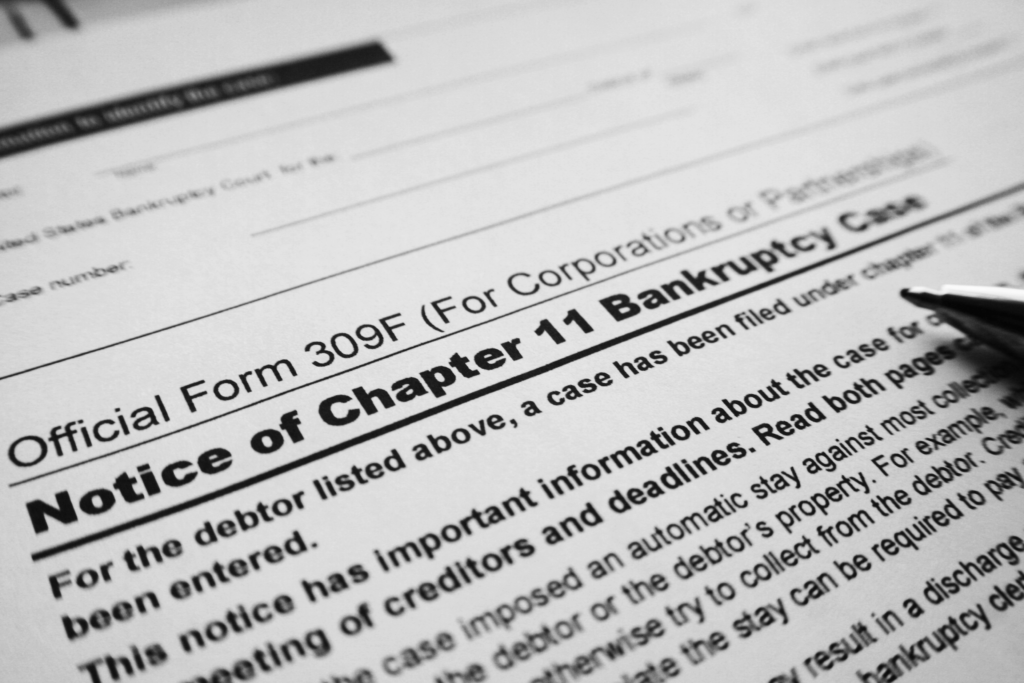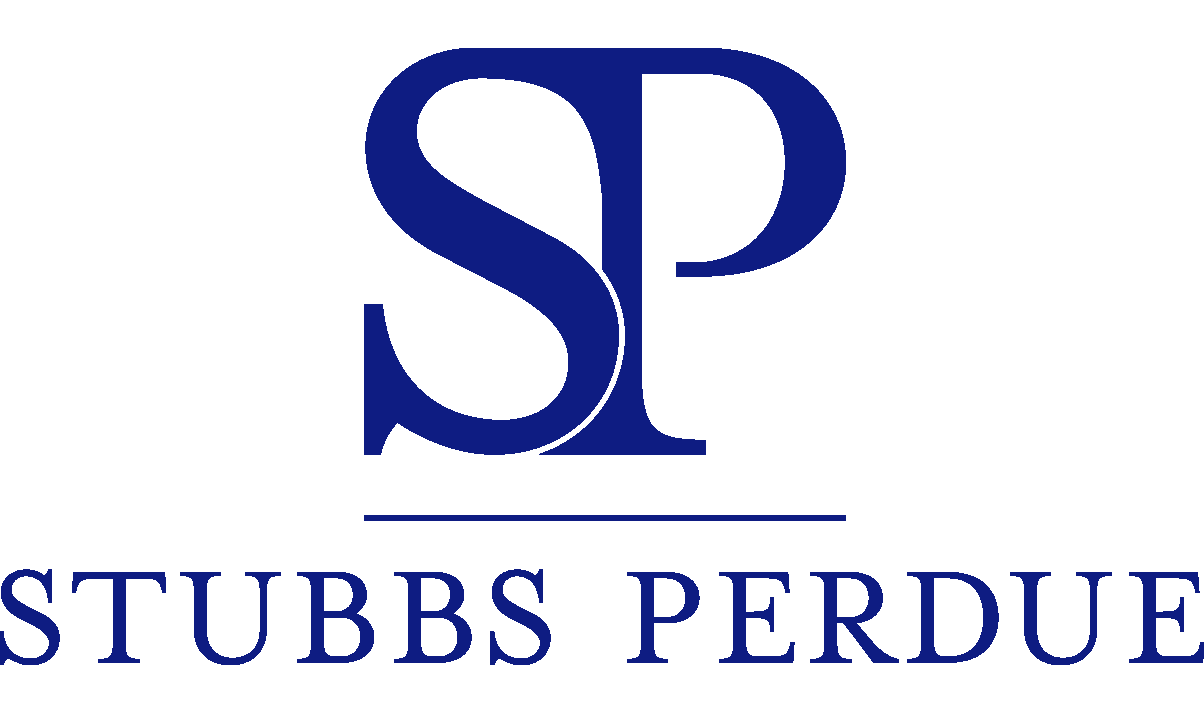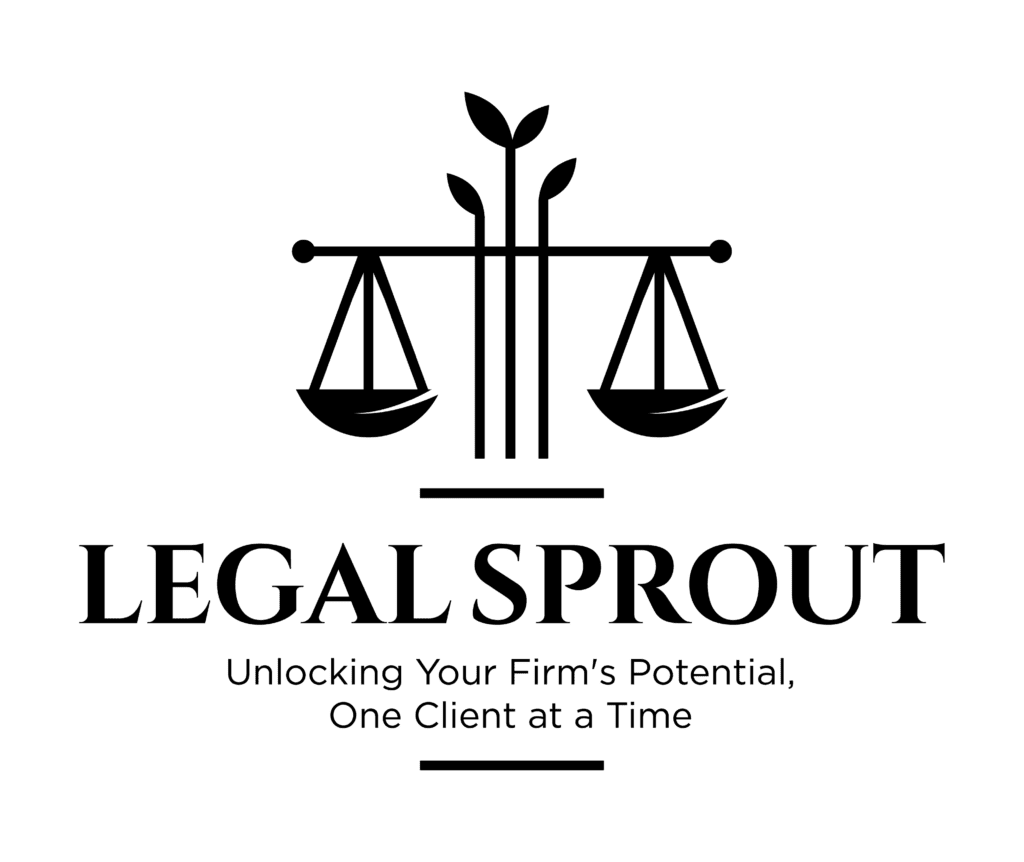Chapter 11 bankruptcy
Chapter 11 Bankruptcy in north carolina
Welcome to our Chapter 11 Bankruptcy FAQ page. Here, we provide insights to better understand Chapter 11 bankruptcy, with a special focus on the Subchapter V provisions for small businesses under the Small Business Reorganization Act of 2019 (SBRA). Our experienced guidance on bankruptcy is designed to empower your decisions on financial restructuring and recovery. Call us today to take the first step.

What Is Chapter 11 Bankruptcy?
Chapter 11 bankruptcy, often referred to as “reorganization” bankruptcy, allows businesses and certain individuals to restructure their debts while retaining control of their operations. Unlike Chapter 7, which involves liquidating assets to pay creditors, Chapter 11 focuses on creating a repayment plan to keep the business alive and pay off debts over time.
Is Chapter 11 Bankruptcy Right for You?
Deciding: To file for Chapter 11 bankruptcy involves a careful consideration of your business’s financial situation, long-term goals, and the feasibility of restructuring debt. For small businesses, the provisions under Subchapter V of the SBRA offer a streamlined path to reorganization, but understanding the nuances and timelines, especially with the upcoming expiration of the increased debt limit, is crucial.:
Understanding: For tailored advice and to understand how Chapter 11 bankruptcy can impact your business, consulting with a bankruptcy attorney is highly recommended. They can provide insights specific to your circumstances and guide you through the complex process of filing for bankruptcy under Chapter 11 or Subchapter V.
Solution: For over 50 years, we have helped small business owners restructure their business operations and debts in chapter 11 cases, negotiated outside of court with creditors to obtain debt relief, and helped small businesses obtain more affordable payment terms so they can remain in business. We have represented businesses in a wide range of industries, including retail establishments, restaurants, real estate developers, construction companies, medical practices, golf courses, apartment complexes, office buildings, and other service industries.
Differences Between Chapter 7 and Chapter 11 Bankruptcy
The primary difference between Chapter 7 and Chapter 11 bankruptcy lies in the outcome and process:
- Chapter 7: This is known as liquidation bankruptcy. It’s designed for businesses and individuals who cannot feasibly repay their debts. Assets are sold off to pay creditors, and the business typically ceases operations.
- Chapter 11: Allows for reorganization. Businesses or individuals can keep their assets and continue operations while working to pay off debts according to a court-approved plan.
Learn more about debt relief options. Book a free Consultation
What is Subchapter V of Chapter 11 under the SBRA?
Subchapter V of Chapter 11 is a provision under the Small Business Reorganization Act of 2019, designed to streamline the bankruptcy process for small businesses. This provision makes it faster, cheaper, and more accessible for small businesses to restructure their debts. Under Subchapter V:
- Debt Limit Adjustment: Initially, the SBRA set the debt limit for eligible small businesses at $2.75 million. However, under the CARES Act, this limit was temporarily increased to $7.5 million to accommodate more businesses affected by economic conditions. This increased limit is set to expire on June 21, 2024, and unless Congress acts to extend it, will revert back to $2.75 million.
- Simplified Process: Subchapter V simplifies the bankruptcy process by allowing small business debtors to propose a repayment plan without the need for creditor committees or new equity interest requirements, making it easier for small businesses to retain ownership and control.
What is a 341 Meeting in bankruptcy?
A 341 meeting is based on the requirement under 11 U.S.C. § 341 that occurs after the filing of a bankruptcy position, but before it is confirmed. Unlike Chapters 7 and 13, Chapter 11 §341 meetings are held by the U.S. Trustee’s Office due to the complexity of Chapter 11 cases. At 341 meetings, the Trustee’s Office will go through the details of your case in front of interested creditors to establish the facts of your bankruptcy and to ensure that all necessary paperwork has been filed.
Creditors are not obligated to attend, but in Chapter 11 cases, they may be more likely to attend given the complexity of Chapter 11’s and the amounts at stake.
While 341 meetings can sound intimidating, our team at Stubbs & Perdue has the experience necessary to ensure a smooth process and will ensure that you are prepared going into your meeting.
FAQ on Chapter 11
What is the Process of Filing for Chapter 11 Bankruptcy?
The process for Chapter 11 Bankruptcy can either be voluntary or involuntary. Voluntary petitions are filed by your attorney after consultation and gathering of all debts, assets, and accounts receivables determine that filing would be in your best interests. An involuntary petition is when three or more of a business’s or individual’s creditors files a petition with the court themselves in an attempt to recover unpaid debts. Once the court approves an involuntary petition, the debtor is legally obligated to begin the Chapter 11 process.
Pros and Cons for Chapter 11 Bankruptcy
Pros:
- Business Continuity: Allows businesses to operate while restructuring debts.
- Flexibility: Debtors can negotiate terms and restructure debts in a way that is manageable and sustainable.
- Retention of Assets: Businesses can retain their assets and continue operations, which can be beneficial for long-term recovery.
Cons:
- Cost and Complexity: Chapter 11 can be more expensive and complex than other forms of bankruptcy, requiring extensive legal counsel and financial advisory.
- Time-Consuming: The process can be lengthy, sometimes taking years to complete, which can strain resources and focus.
- Reliance on Guidance: The success of a Chapter 11 bankruptcy hinges on legal and financial navigation. Partnering with experienced bankruptcy attorneys ensures that you are well-advised on complex legal matters, strategically positioned for a favorable restructuring, and fully compliant with intricate bankruptcy laws and proceedings.
How Long is the Repayment in a Chapter 11?
Most Chapter 11 Bankruptcy Plans last between three (3) and five (5) years. While there are no specified lengths required by Courts, the plan must appear to be making a good faith effort to pay as many debts as possible, while also giving the debtor the best chance of successfully completing the plan.
What Happens If An Involuntary Chapter 11 Is Filed Against Me?
It is crucial to contact an attorney immediately if you receive a notice that an involuntary petition has been filed against you or your business. Our team at Stubbs & Perdue will guide you through the necessary deadlines, filing requirements, and court and creditor meetings in order to ensure that adequate protections, such as the automatic stay on collections, are being afforded to you.
What is an Automatic Stay?
Just like in Chapter 7 and 11 Bankruptcy, the court issues an order preventing most creditors from taking action to collect a debt against you or your property. The automatic stay will stop collection phone calls, lawsuits, foreclosure, and repossession.
Disclaimer: This FAQ is intended for informational purposes only and does not constitute legal advice. Bankruptcy laws are complex and vary widely. For legal advice specific to your situation, please contact a bankruptcy attorney.
Contact our office
To schedule a consultation, kindly complete the form provided below.

